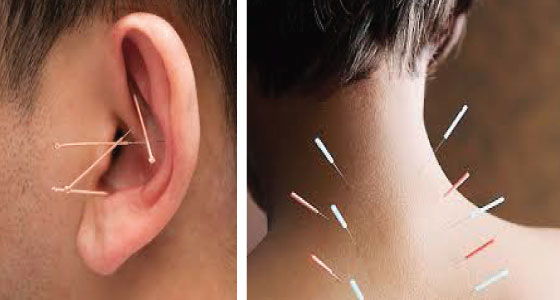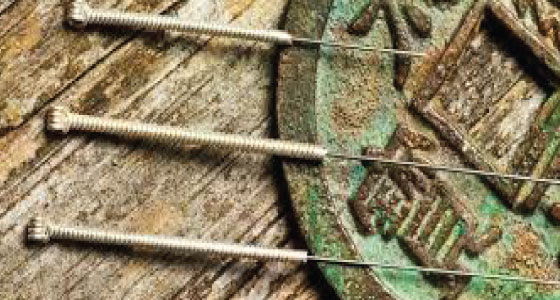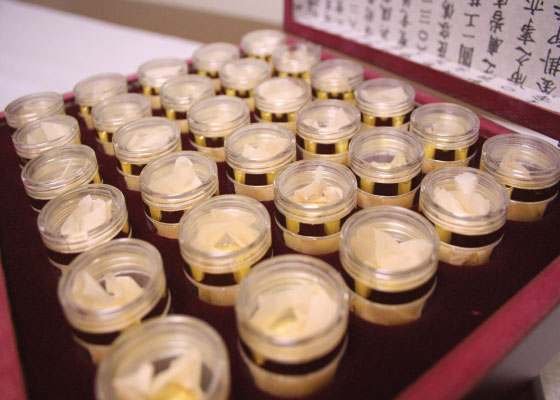Acupuncture
Acupuncture
Acupuncture is a type of alternative medicine that treats patients by insertion and manipulation of solid, generally thin needles in the body.

Traditional theory of acupuncture draws from traditional Chinese medicine (TCM) and claims that it works through the manipulation of qi (a hypothesizedform of energy) through the needling of specific acupuncture points that are connected by channels known as meridians (though scientificresearch has not found any anatomical structures or evidence for the existence of any of these traditional concepts). Some contemporary practitioners involve needling the body in the absence of a theoretical framework at points other than traditional ones.


Acupuncture proponents have claimed that it promotes general health, relieves pain, treats infertility, treats and prevents disease. Meanwhile, evidence for its effectiveness for anything but the relief of some types of pain and nausea has not been established. Systemic reviews have found conflicting results regarding the prevention of postoperative nausea and vomiting though a 2009 Cochrane review concluded stimulation of the P6 acupuncture point was as effective as antiemetic medications. Acupuncture also appears to have a small effect in the short-term management of some types of pain though a 2011 review of review articles concluded that, except for neck pain, acupuncture was of doubtful efficacy. It has been suggested that the positive results reported for acupuncture can be explained by placebo effects and publication bias and researchers have pointed out the difficulty in designing an adequate scientific control for any placebo effect acupuncture might have due to its invasiveness. The development and inclusion of retracting needles as a form of placebo control has resulted in a much larger number of studies concluding acupuncture's effects are due to placebo.
From Wikipedia

